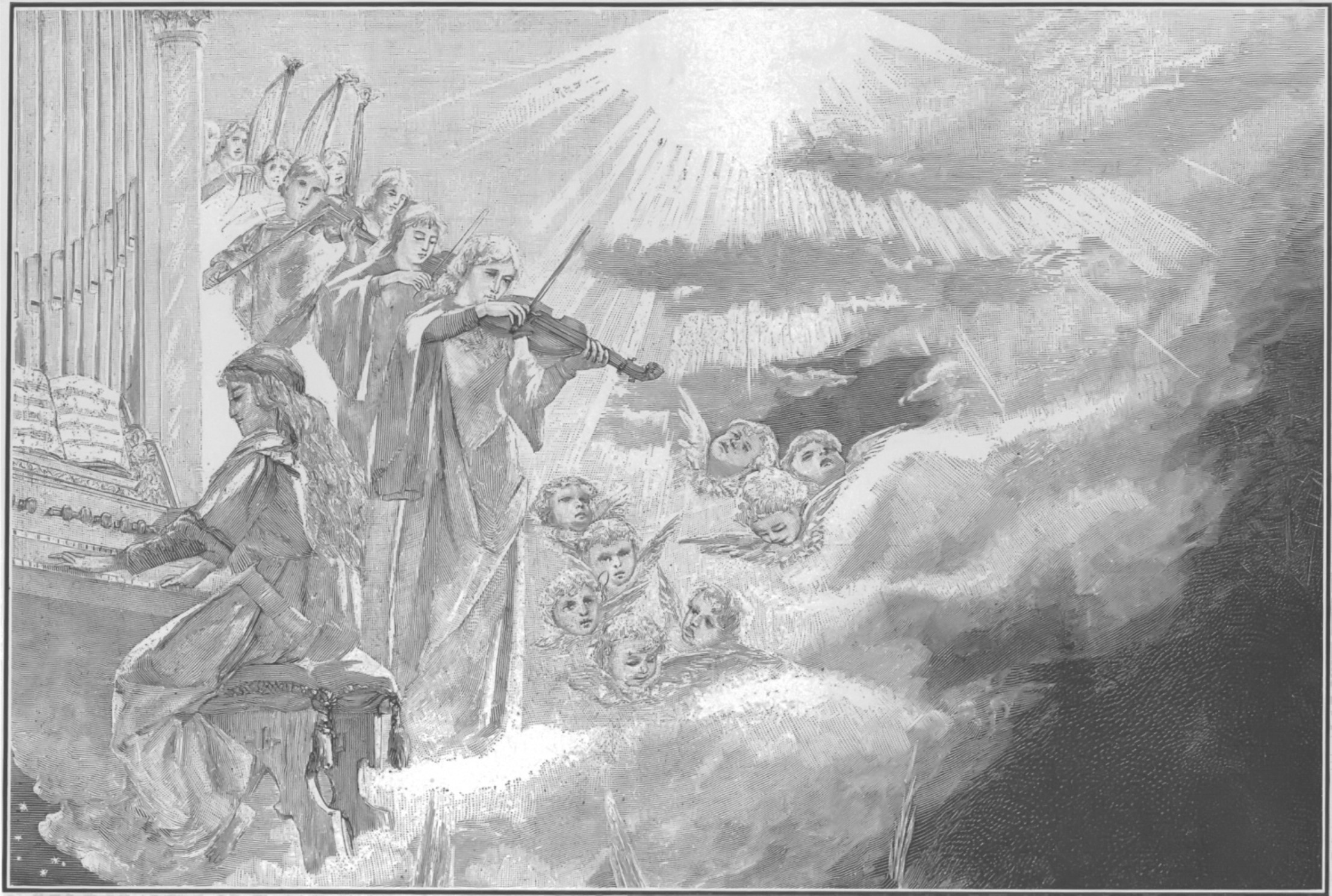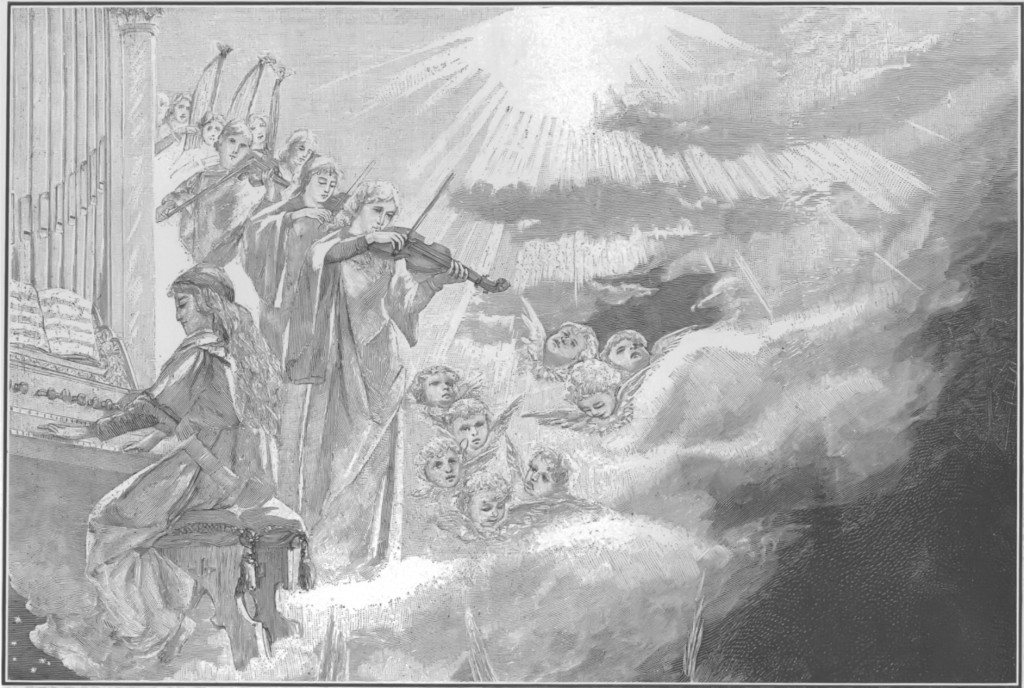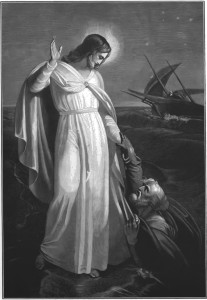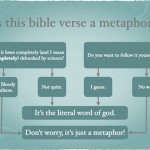This post is a continuation in a series:
—–
Ascribe to the Lord, O heavenly beings,
ascribe to the Lord glory and strength.
Ascribe to the Lord the glory due his name;
worship the Lord in the splendor of holiness. – Psalm 29:1-2, ESV
I’m continuing this series today not so much with a principle, rather with a practice. This practice is a discipline and an exercise, and something I am not at all perfect at. This is a discipline very closely related to my first post in the series (Everything Must Point to the Gospel). Whenever I am reading and studying any text in the Bible, I try to answer the following question:
What reading and understanding of these verses or passages gives God the most glory, honor and praise?
Our God is in himself beyond comprehension in his holiness and perfection. He is the creator of all things, seen and unseen. He is completely sovereign over all things. He is so caring and loving that he would sacrifice himself for sinners who are running far from him.
Words cannot describe his beauty and magnificence! Truly, there is nothing or no one like him. It is because of his goodness, perfection, power and holiness that he is absolutely deserving of our glory, honor and praise. But what does that look like for us? Part of becoming Christian is realizing that we don’t give God the glory he deserves on a daily basis. At its root, this tendency comes from our sinful nature. We all have it, and we all do it. This sinful nature is something that only God through the Holy Spirit can remedy in us. Only he melts hearts, and only he draws sinners to himself.
So what then is our responsibility? God has left his Word with us, the Bible. This Bible is absolutely littered and saturated with descriptions of God as glorious, holy and worthy of praise. Seriously, just do a word or index search on any of those words and it is everywhere. What do we do with that? How should that impact our reading of the Scriptures?
Our handling of the Biblical text must ultimately point to God’s glory, his holiness, his goodness, and lead us to honor and praise him in everything we do. If we do anything but that, then we are making a mockery of who He is. If we seek to undermine the text, write it off as not authoritative, explain it away, read ourselves into the text and make it all about us, or anything of the sort then we are staining something that is perfect and holy.
All that to say, I’ve found the discipline and practice of trying to answer the bolded question very helpful, practical and biblical in my Christian walk. Perhaps a common example of this concept might help. One passage and its interpretation that has completely changed by my application of this discipline is Matthew 14:22-32. In this passage, Jesus comes to the disciples in a storm while walking on water. The climax of this passage is Peter being commanded by Jesus to come out to him on the waves, but watch out! The wind and the waves cause Peter to become afraid and he starts to sink in the water. The passage concludes with Jesus asking “O you of little faith, why did you doubt?”
The most common application of this passage that I’ve heard goes something like this: you and I are Peter, and the wind and the waves are all of life’s problems – stop looking around at the waves, and start looking at Jesus. Even typing that summary makes me a little nauseous. Is that really what this passage is about? I believe that application serves to demean and exalt ourselves by reading us into the passage. That isn’t to say that God doesn’t care about our problems, and that he isn’t Lord over our circumstances, because he certainly is – this just isn’t the passage to make that point (more on this in part 5).
This passage must be and is about God’s glory. And his glory is on display through the demonstration of Christ’s divinity and control over nature, the properties of matter, gravity, etc. He is power. Moreover, this passage displays Christ’s sovereignty in those whom he calls to himself. Peter acknowledges that it is Christ who does the calling, and he is incapable of coming unless it is granted to him by Christ. God’s divinity and his sovereignty are what are on display in this passage, and nothing less.
Just like anyone else, I am imperfect in much of my understanding of the Scriptures. I have my weaknesses and my blind spots, and I often err in my understanding. However, I think this practice is a helpful one. If there is one thing we can be confident on it is this: we can never give God too much credit, too much honor, and too much praise. He is worthy of it all.
To our God and Father be glory forever and ever. Amen. – Philippians 4:20, ESV








